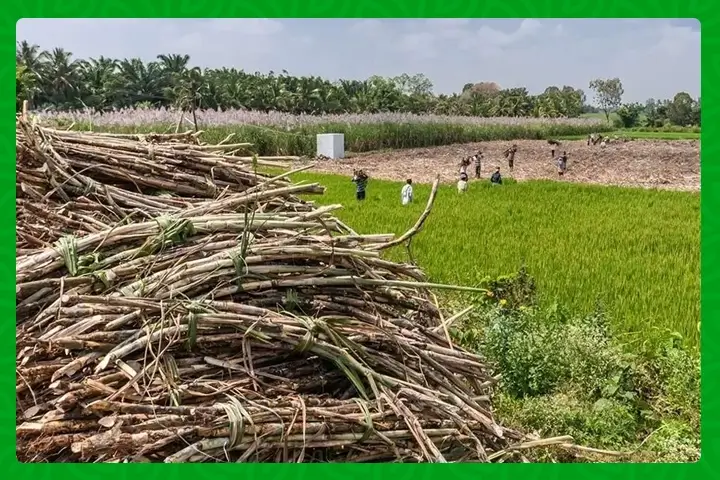
In the heartlands of Kenya, where sugarcane fields stretch like golden horizons, a cloud of doubt looms over the resumption of sugar milling. As companies announce the revival of crushing operations, sugarcane farmers find themselves caught in a web of uncertainties, questioning the sustainability of this crucial sector.
Political Panic or Progress? The Quandary of Milling Resumption
The recent lifting of a four-month moratorium on sugar milling by the Agriculture and Food Authority has triggered skepticism among sugarcane farmers. Simon Wesechere, deputy secretary general of the Kenya National Federation of Sugarcane Farmers, boldly claims that this move is fueled by political panic, diverting attention from more pressing issues plaguing the nation.
While the resumption of milling operations is welcomed, Wesechere emphasizes that the lack of inclusivity in the process threatens to render these efforts futile. As the mills reopen, the specter of heavy sugar imports sanctioned by the government casts a shadow on the farmers’ ability to reap the rewards.
A Bitter-Sweet Resumption: Challenges and Opportunities
West Kenya Sugar Company, Butali Sugar Mills, Nzoia Sugar, and Mumias Sugar Company have all signaled the restart of milling operations, promising increased cane prices from Sh5,000-5,500 to a flat rate of Sh6,050 starting December 1. However, beneath this seemingly sweet deal lie concerns raised by Wesechere, who fears that the influx of sugar imports will hinder millers’ capacity to compensate the hardworking farmers.
Despite the optimism surrounding the resumption, questions linger in the air. Who will oversee the reception and payment of cane at the troubled Mumias Sugar Company? As leadership changes hands, the accountability for potential issues post-cane delivery remains unclear.
Leadership Lapses: The Sugar Bill Dilemma
Simon Wesechere doesn’t shy away from pointing fingers at the elected leaders from the Western region. He calls for an explanation regarding the Sugar Bill, which has languished on the shelves of Parliament for four years. With the industry gasping for breath due to the absence of a clear regulatory framework, accountability becomes paramount.
Efficiency Boost and Cane Campaigns: Industry Responses to Closure
George Muruli, the head of communication and community outreach at West Kenya, sheds light on the silver lining. The closure period was utilized to conduct maintenance across three factories, enhancing efficiency. Cane development campaigns spanned Western, Nyanza, and Rift Valley, ensuring an ample raw material supply upon the resumption of operations.
Muruli acknowledges the industry’s predicament, attributing it to a shortage of cane. He urges a collective focus on cane development, discouraging the poaching of contracted cane by other millers. The plea to farmers is clear: plant more cane to guarantee an uninterrupted supply chain.
Navigating the Sweet Future of Sugarcane Farming
As the wheels of sugar mills start turning again, the journey ahead is riddled with challenges and opportunities. Can the sugarcane industry find its sweet spot amidst uncertainties, political maneuvers, and industry shifts? Only time will tell, but the resilience of the farmers and the strategic decisions of industry players will undoubtedly shape the narrative of Kenya’s sugarcane future.
Stay updated with the latest farming tips and agriculture industry news from Africa by subscribing to our newsletter. Don’t miss out on valuable insights and updates. Follow us on Twitter, LinkedIn, and Facebook to join our farming community and stay connected with us.



















